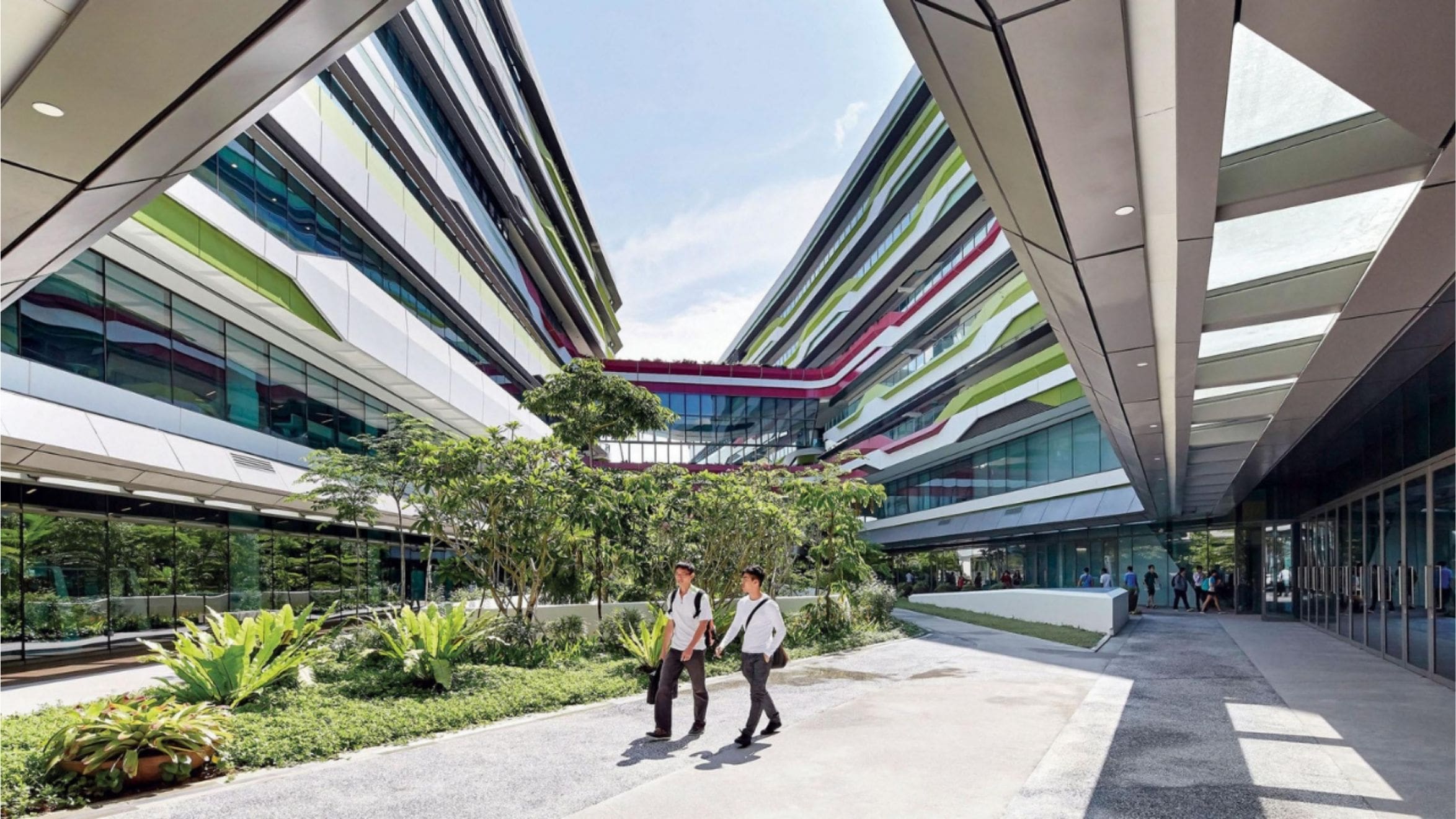Navigating Singapore Schools: Mainstream Schools (part 3) | Relocity
Singapore’s educational system is world-renowned for its alignment of curriculum to instruction, incorporation of technology, transmission of factual...
3 min read
Seem Sing Director Of Operations APAC Updated on April 12, 2025

Singapore’s educational system is world-renowned for its alignment of curriculum to instruction, incorporation of technology, transmission of factual and procedural knowledge, and impressive student performance. In this series, we’ll give expats and transferees an overview of the range of schooling options that await in their relocation journey.
The rise of globalization and advancements in technology have made it easier for people to work from anywhere. However, there are many challenges in relocating a family to a new city, much less a new country, and relocating a family with school-age children is one of them. Knowing parents are looking for the least disruption and the best environment possible, here are some considerations for exploring children’s education in Singapore.
While many destinations have diverse schooling options that can ensure children continue with a similar syllabus, some locations pose a challenge in terms of availability. In Singapore, the schooling options are:
Parents anticipating a move here should identify children’s instructional needs and begin the search for a school as early as possible, especially for secondary schooling and above. Here is a detailed overview of each option available to expatriate families with school-age children:
International Schools — With over 60 institutions and a variety of curriculums, Singapore has no shortage of international schools. The schools in the Garden City offer a diverse range of options starting with the size of the student body, multinational representation, simple to state-of-the-art facilities, and focused to well-rounded curriculums.
The Singapore American School, established in 1956, has the largest single campus in the world with over 4,000 students. Additional reputable international schools include the United World College and Tanglin Trust, both known as feeder schools for universities across the globe. Like many sizable and notable preparatory academies around the world, international schools can come with significant fees.
If larger international schools don’t meet your needs, consider smaller boutique schools like the International Community School or North London Collegiate, where the school community is more connected and interactive. If children do not need on-campus after school activities like sports and music lessons, then a no-frills international school like One World International School or Invictus International may be a good fit. These schools offer global curriculums by cutting down on the costs of newer infrastructure and school activities that larger international schools offer. Remember, private companies provide many activities and run them as contractors in various schools across the city.
Parents who’d like to move forward with an International School can find more information here.
Local Schools (schools run by the Ministry of Education) — These institutions offer a limited number of seats, which makes it difficult for international students to get a place. The process involves strict timelines with an application deadline months ahead of enrollment, the AEIS (Admissions Exercise for International Students – more on this later) assessment test and, more importantly, no choice over the allotted school.
Despite this policy, many families go through the admissions process, particularly if they plan on staying in Singapore long term. The local system offers expatriate students a locally focused curriculum, provides cultural immersion and expedites their proficiency in a new language. Parents can find out more information about the admission process for local schools here.
Private educational institutions — International students who choose local schools must take the AEIS for admission. Private educational institutions are fee-based preparatory services that offer full- and part-time courses to help students prepare for the test to secure seats. Established institutes of note include Spring College International, TMC academy, and Raffles Edulab.
The AEIS is a centralized test on English language and mathematics that assesses the applicants’ literacy, numeracy, and reasoning abilities. Many private educational institutions can help students prepare for the AEIS, as well as build the necessary skills for subsequent placement and success in local mainstream schools.
Religious Institutions — Parents who feel the Singapore academic curriculum is the best fit for their children, but prefer a private parochial school over a local school should consider San Yu Adventist School or St. Francis Methodist School. Established in 1907, San Yu is a cohort of over 20 nationalities and offers a certified, holistic curriculum focused on developing the mind, body, and spirit. St. Francis has a smaller student body and offers a similar certified and holistic curriculum.
Homeschooling — A small number of families choose homeschooling (legalized in Singapore in 2002) over traditional schools due to COVID-related lockdowns, border closures, and relocations. Families that choose to follow the same curriculum as local schools can formally request homeschooling through the Ministry of Education.
Local resources like Homeschool Singapore and social groups help expatriate families explore this option further. Connecting to homeschooling communities as early as possible is a great way to build relationships for children and a support network for parents.
For more information on talent mobility solutions and destination services – including assistance with school admissions – in Singapore and around the world, contact Relocity at contact@relocity.com or request a free demo at www.relocity.com/demo.
To read part two, Navigating Singapore Schools: International Schools, click HERE.
To read part three, Navigating Singapore Schools: Mainstream Schools, click HERE.
(Image: Source)

Singapore’s educational system is world-renowned for its alignment of curriculum to instruction, incorporation of technology, transmission of factual...

Singapore’s educational system is world-renowned for its alignment of curriculum to instruction, incorporation of technology, transmission of factual...

Hello, future Jersey City resident! I'm Corey, and I can't wait to introduce you to the vibrant and dynamic world of Jersey City, New Jersey. After...